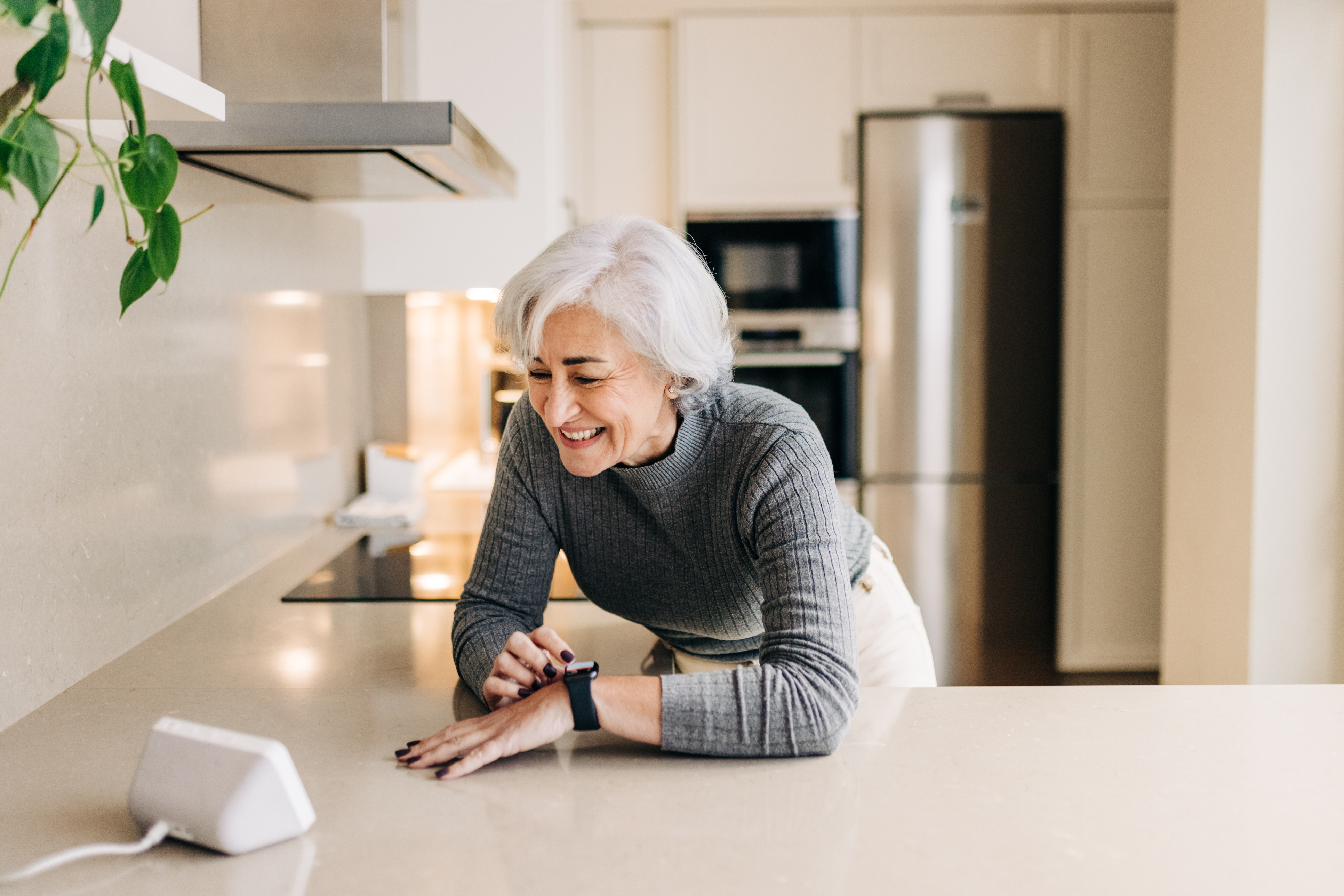
A primary goal for most of us is to maintain our independence for as long as possible, even as we age. This goal may include being able to age in place – in our own homes – instead of moving to an assisted living facility or nursing home. Fortunately, there are a number of technology solutions to help seniors or people needing assistance live at home safely and comfortably. Here are five of the most popular ones.
1. Automatic Medicine Dispensers
For anyone who takes multiple medications throughout the day, keeping track of when to take each one can be a challenge. Automatic dispensers help by storing medications and dispensing them at the correct time. Some models can even send alerts to a family member or caregiver if the medication is not taken as prescribed.
2. GPS Tracking Devices
Wandering is an issue for seniors with dementia or Alzheimer's disease, or for some people with developmental disabilities. A GPS tracking device can be worn as a bracelet or pendant and allows family caregivers to locate someone who has wandered. These devices provide peace of mind.
3. Home Security Systems
Home security systems are not just for deterring burglars; they can provide peace of mind for anyone who lives alone. Some home security systems offer features like two-way voice communication, which allows seniors to call for help even if they can't reach a phone. Many systems now offer mobile apps that allow caregivers to check in on their loved ones from anywhere.
4. Voice-Activated Assistants
Voice-activated assistants like Amazon Echo and Google Home can make everyday tasks easier. With just a voice command, these devices can play music, read the news, set alarms, and even call 911 in an emergency. Voice-activated assistants can also be used to control smart home devices like lights and thermostats.
5. Medical Alert Systems
Medical alert systems are designed to help seniors who live alone get quick assistance in an emergency. These systems typically consist of a base unit with an emergency button that can be worn around the neck or wrist. Once the button is pressed, it will send an alert to a designated caregiver or 911 dispatch center. Some systems offer fall detection capabilities, helpful for seniors at risk of falling.
There are just a few of the many different types of technology to support seniors who want to age in place safely. If you're considering using technology to support aging in place, be sure to consult with your loved ones and your healthcare provider to find the best solution.